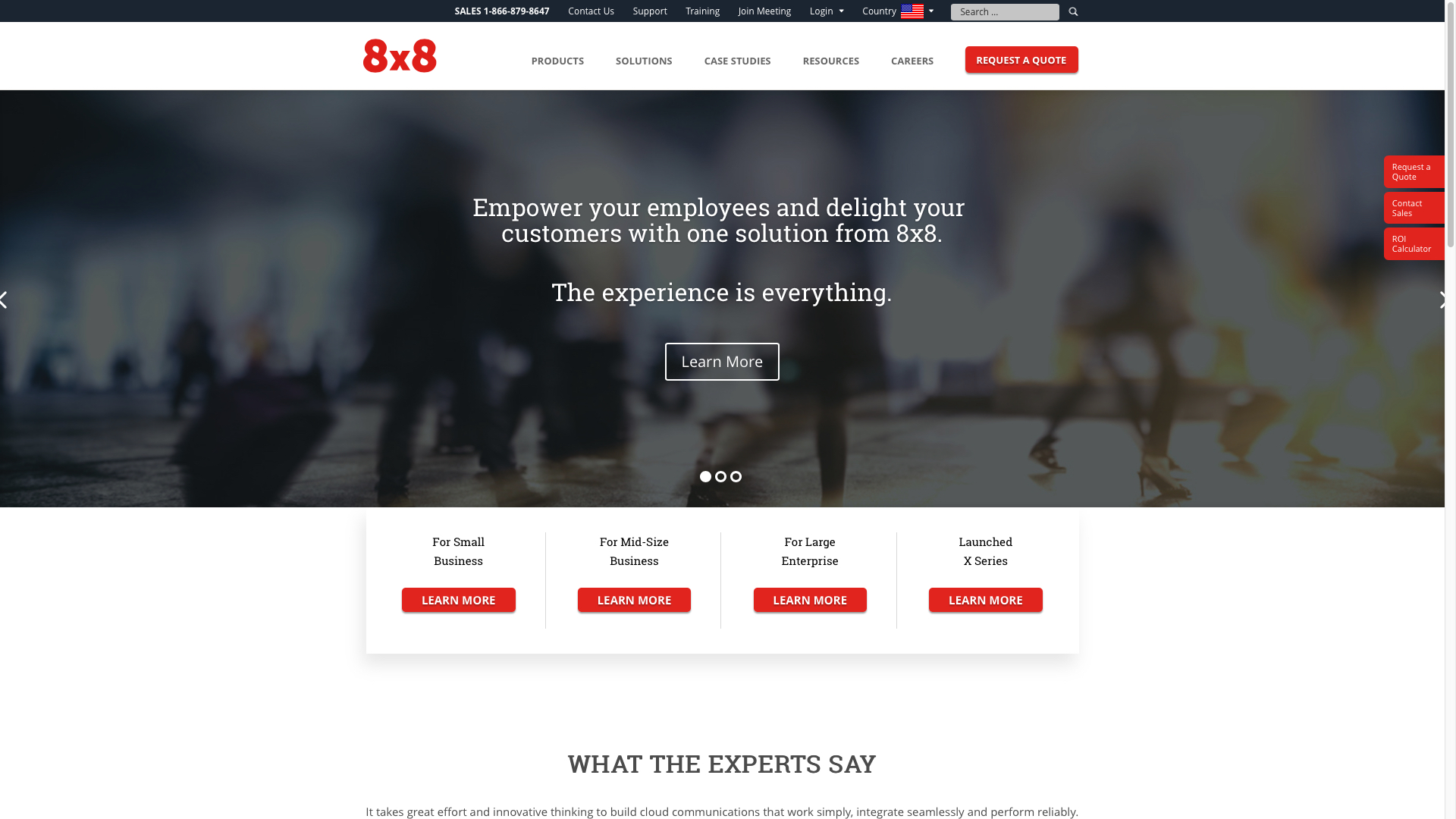Evernote, the productivity app with 225 million users that lets people take notes and organise other files from their working and non-work life, has been on a mission to reset its image as the go-to service for those seeking tools to help themselves be more efficient, years after losing its place as one of the most popular apps in the app store. But those changes have not come without their own challenges.
TechCrunch has learned and confirmed that in the last month, Evernote lost several of its most senior executives, including its CTO Anirban Kundu, CFO Vincent Toolan, CPO Erik Wrobel and head of HR Michelle Wagner beyond the usual attrition of engineers and designers.
The departures are coming at a key time: we have also heard that Evernote isfundraising, potentially in a down-round from its most recent (but now several years-old) valuation of $1.2 billion.
The company would not comment on the funding but confirmed the staff departures. It has not provided an over-arching reason for these latest personnel changes, but notably, rather than re-hiring from outside for the vacated roles, Evernote is shifting existing, in some cases recently-joined employees to take on different responsibilities.
Ranjit Prabhu, who joined the company in May 2018 as SVP of engineering, will partner with Andrew Malcolm — who had been the CMO but as of August has taken on a new title as SVP of product, growth and marketing — to work on how tech and product will fit together (henot taking a formal CTO title, though).Susan Stick, another recent hire (June 2018)who is the companygeneral counsel — a role that appeared to be vacant for two years before she joined — is expanding her role to include people operations as well.Lastly, Francie Strong, who had been VP of communications, is taking on an expanded role as SVP of brand and communications.
This is the second major revamp of the startupleadership team in a little over two years. In March 2016, the company lost its founding CTO and made a number of other appointments amid a wave of departures and other big changes.
Chris O&Neill, who joined as CEO after long-time leader Phil Libin stepped away from the role, had already shuttered a number of unprofitable operations that Evernote had launched in an attempt to grow the company, including the closure of itsaccessories business, and several other app efforts such as some versions of Skitchand its Food app. (Today, it has three smartphone apps, its flagship Evernote app, Skitch and Scannable for digitising business cards, receipts and other paper-based items; plus handwriting recognition app Penultimate for tablets.)
In the years since then, Evernote has been somewhat quiet, but there have been other significant changes and divestments. In June, Evernote announced that it would spin out its Chinese operationsand become a minority shareholder. Yinxiang Biji, as itcalled, accounted for 10 percent of Evernoterevenues. And some of the companymovement has been problematic: a controversial change in the companyprivacy policy, which would have made it possible for employees in the company to read a usernotes in the app, got quickly reassessed and altered as people publicly slammed the company.
Evernote has certainly witnessed a lot of shifts in its business over the years.
Originally founded in 2004 by engineer Stepan Pachikov as a piece of software for Windows, it was an early mover in apps for smartphones. Evernote was one of the first to gain critical mass for a service that tapped into the idea of using the cloud to store data to create a handy way of recording and organizing notes on a phone, computer or tablet, which you could then access on whatever device you happened to use next. Libin — who was not the founder but took on the CEO role early in its development — is often credited as a founder because of his instrumental involvement in the expansion to apps, and because of his eloquent vision of the role Evernote could and does play for people, both of which helped Evernote really take off.
In its heyday, the company consistently ranked as one of the most popular apps in the app store, and the top-ranking productivity app. But its place at the top, and its virtually uncontested hold on the device-agnostic note-taking use case, was not to last.
The companies that make operating systems themselves all provide their own note-taking apps (Apple has Notes, Google has Keep, for example), and in some cases they are making tools to help users make the switch to their own products. And if you think those platform-owned appsare not functional enough, there are startups out there also building competing alternatives.
Once holding the number-one ranking, the flagship Evernote app today ranks at 55 in productivity, according to App Annie, and its downloads are not high enough for it to register with a ranking among overall apps.
The company currently has three different pricing tiers for its service (free, $7.99 per user/month for Premium and $14.99 per user/month for Business, which has extra tools for teams), and in 2017the company said it was cash-flow positive. But itnot clear how well much its paid tiers are bringing in alongside free users now.
&In the past three months (June, July, August),Evernotehas been downloaded 2.5 million times worldwide,& a spokesperson for analytics firm Apptopia said. &After store fees, the app has brought in revenues of $2.9 million through in-app purchases.& (Those estimates do not include third party Android stores from China or other region, he added.)
A person who tipped TechCrunch off to the executive departures gave a slightly more blunt and uncharitable spin on the state of affairs. &Evernoteis in a death spiral,& the tipster claimed. &Paid user growth and active users have been flat for the last six years and their enterprise product offering has not caught on.&
If this is an accurate description, it would pose a tough challenge for the company as it eyes up another round of funding.
To date, Evernote has raised nearly $300 million, with its long list investors including Sequoia, NEA, Harbor Capital, T. Rowe Price, and many individuals.
The former CEO (who moved on to investing and a startup studio called All Turtles) was known for attracting a large number of fans who were happy to give his company money. &The thing about Phil is that he could raise money from all over the world,& another source tells us.
O&Neillmission, on the other hand, was to make the company more self-sufficient and focused, and this seems to be what he has done. But it also means that he and the team under him have not had to test the waters for raising money in the post-Libin era. (Only $6 million, in mezzanine funding, has been raised since 2013, according to PitchBook.)
Getting more money on board could be crucial if Evernote decides that it wants to tackle any big future initiatives, whether that would be to boost growth of the products it already has, or to build and market new features.
For example, there are strong hints that the company wants to transform the app that helps you remember things, into an app that helps you work smarter and ever more efficiently by shortening meeting times and more. Even if biggies like Cisco or a plethora of smaller startups are already trying to solve those use cases, the forever-moving tectonic plates of technology mean that there is always something to play for.

 16
16










